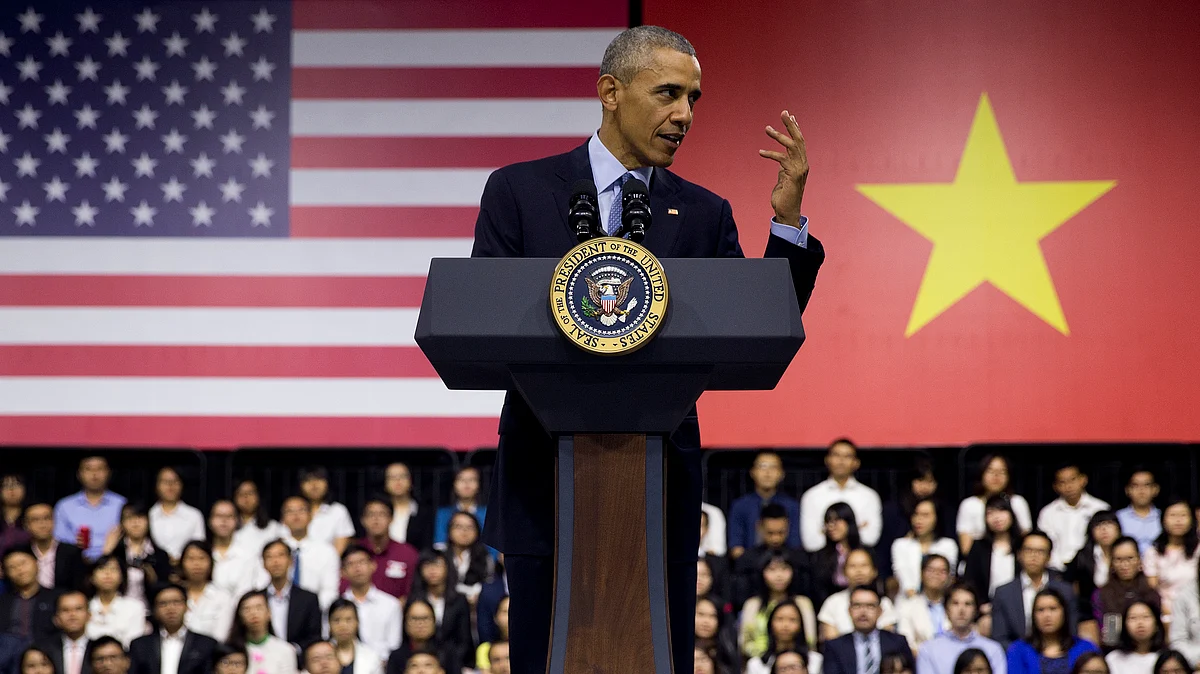As Ties Deepen, Elite US, Vietnam Forces Wait For Possible Opening
On his trip to Vietnam, President Obama lifted the arms embargo against Vietnam.

advertisement
In what would be a major step in relations between militaries that were at war four-and-a-half decades ago, Special Operations forces from the United States and Vietnam are signalling a readiness to start forging ties, should their governments choose to do so.
Kilrain told Reuters that he met the commander from Vietnam’s elite forces on the sidelines of a conference in Tampa, Florida, this week.
Mending Ties? US Lifts Arms Embargo
The talks, came two days after US President Barack Obama ended the US arms embargo on Vietnam, during a visit to the country on Monday. Human rights advocates reacted to Obama’s decision with dismay, saying Washington’s decision to end the embargo tossed away a critical lever it might have used to spur political reform in the Communist-ruled state.
Obama’s trip to Vietnam, which borders China, underscored shared concerns about China’s growing military clout as Beijing aggressively advances sovereignty claims to the South China Sea.
Ready For Next Steps
Still, Kilrain was emphatic that the extent and pace of any such contacts would be decided by their governments.
The US Navy has already taken important steps, carrying out four port visits last year, a spokesperson for the US Navy’s Pacific Fleet said. The head of US military forces in the Asia-Pacific earlier signalled to Congress, his desire to do more visits in 2016.
The United States has also contributed over $92 million since 1993 to help Vietnam address the threats posed by unexploded ordnance from the war and is supporting Vietnam’s development of a peacekeeping training centre near Hanoi, the White House said.
Kick-Starting Military Ties
Kilrain noted that when it came to kick-starting military ties, elite US Special Operations forces, which include everything from Navy SEALs to the Army’s elite Delta Force, are often some of the best options.
Although he declined to speculate on first steps with Vietnam, Kilrain acknowledged the process usually started slowly, with planning conferences to share information about how their militaries were organised and discussions on human rights.
“So it’s somewhat benign and it’s not necessarily classic military-type training,” he said.
(This article has been published as a special arrangement with Reuters.)